Smell Disorders_Sound therapy session_Sounds of nature
#bioresonance #healingenergy #healingfrequencies #soundtherapy, #smelldisorders, #complementarytreatment, #traditionalmedicine
Smell disorders, also known as olfactory dysfunction, can significantly impact one's quality of life, affecting their ability to detect scents or experience the full range of aromas. While traditional medicine plays a vital role in managing smell disorders, there is growing interest in complementary therapies such as resonant frequency sound therapy.
Smell disorders can arise due to various factors, including nasal congestion, head trauma, viral infections, or neurological conditions. These conditions can result in a reduced ability to detect odors, distorted perception of smells, or a complete loss of the sense of smell. Traditional treatments for smell disorders focus on addressing the underlying cause, utilizing medications, nasal rinses, or surgical interventions.
Resonant frequency sound therapy is a non-invasive treatment modality that utilizes specific sound frequencies to stimulate the body's natural healing processes. It is based on the concept that different frequencies can resonate with specific organs, tissues, and cells in the body, promoting balance and restoration. In the context of smell disorders, resonant frequency sound therapy aims to promote the regeneration and rehabilitation of the olfactory system.
Benefits of Resonant Frequency Sound Therapy for Smell Disorders:
1. Stimulates neuroplasticity: Resonant frequency sound therapy has the potential to stimulate neuroplasticity, the brain's ability to reorganize and form new neural connections. By exposing the olfactory system to specific frequencies, this therapy may help to rewire and strengthen neural pathways associated with the sense of smell, promoting recovery and restoration of olfactory function.
2. Enhances blood circulation: Proper blood flow is crucial for the optimal functioning of the olfactory system. Resonant frequency sound therapy has been shown to improve blood circulation, potentially enhancing the delivery of oxygen and nutrients to the olfactory receptors. This increased blood flow may aid in the regeneration of damaged tissues and improve overall olfactory function.
3. Reduces inflammation: Inflammation in the nasal passages can contribute to smell disorders. Resonant frequency sound therapy has been reported to have anti-inflammatory effects, reducing swelling and inflammation in the nasal passages. By alleviating inflammation, this therapy may help to restore proper nasal function and improve the sense of smell.
4. Complementary to traditional treatments: Resonant frequency sound therapy can be used in conjunction with traditional medical interventions for smell disorders. By incorporating this therapy as a complementary treatment, it may enhance the effectiveness of traditional approaches, leading to better outcomes for individuals with smell disorders.
Conclusion:
Resonant frequency sound therapy shows promise as a complementary treatment for smell disorders, offering potential benefits such as stimulating neuroplasticity, enhancing blood circulation, and reducing inflammation. By integrating this therapy with traditional medical interventions, individuals with smell disorders may have a comprehensive and holistic approach to their treatment.
TO ACHIEVE A POSITIVE RESULT, DAILY LISTENING TO VIDEOS IS REQUIRED.
You have the opportunity to support the channel:
https://destream.net/live/RadSiarAl/donate
https://www.buymeacoffee.com/6355radsiaral
-
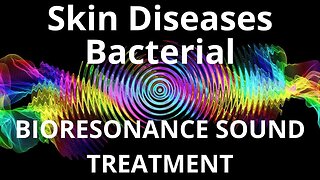 32:08
32:08
BIORESONANCE SOUND THERAPY
1 year agoSkin Diseases Bacterial_Sound therapy session_Sounds of nature
132 -
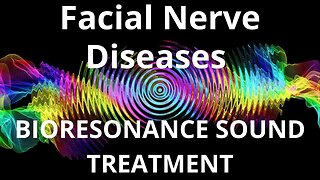 32:08
32:08
BIORESONANCE SOUND THERAPY
1 year agoFacial Nerve Diseases _ Sound therapy session _ Sounds of nature
42 -
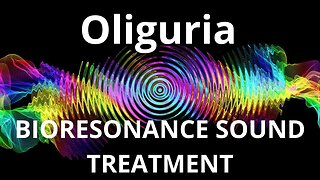 32:08
32:08
BIORESONANCE SOUND THERAPY
1 year agoOliguria_Sound therapy session_Sounds of nature
583 -
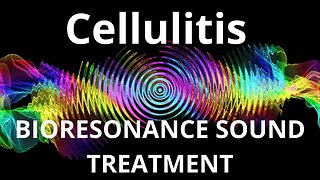 32:07
32:07
BIORESONANCE SOUND THERAPY
1 year agoCellulitis_Sound therapy session_Sounds of nature
118 -
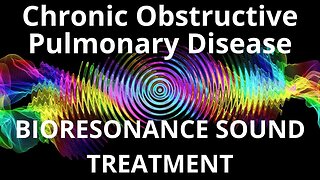 32:08
32:08
BIORESONANCE SOUND THERAPY
1 year agoChronic Obstructive Pulmonary Disease _ Sound therapy session _ Sounds of nature
91 -
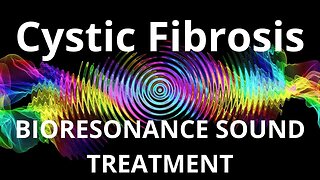 32:08
32:08
BIORESONANCE SOUND THERAPY
1 year agoCystic Fibrosis_Sound therapy session_Sounds of nature
57 -
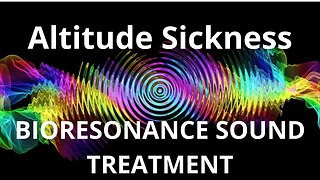 32:08
32:08
BIORESONANCE SOUND THERAPY
1 year agoAltitude Sickness_Sound therapy session_Sounds of nature
64 -
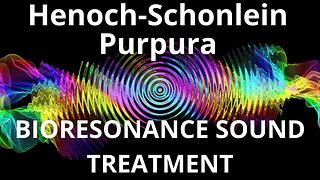 30:05
30:05
BIORESONANCE SOUND THERAPY
1 year agoHenoch Schonlein Purpura _ Sound therapy session _ Sounds of nature
23 -
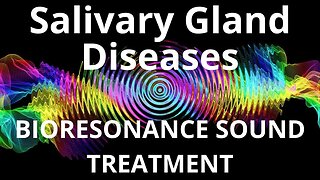 32:08
32:08
BIORESONANCE SOUND THERAPY
1 year agoSalivary Gland Diseases_Sound therapy session_Sounds of nature
37 -
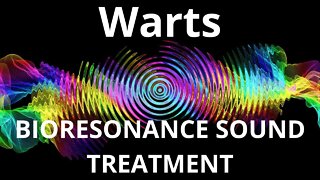 32:08
32:08
BIORESONANCE SOUND THERAPY
1 year agoWarts _ Sound therapy session _ Sounds of nature
173